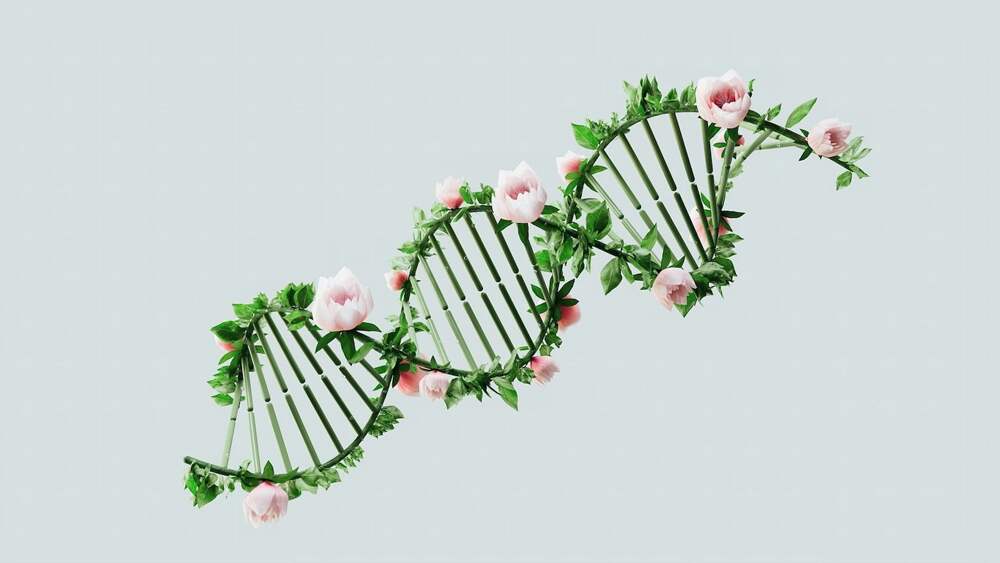
The Biggest AI for Biology Yet Writes Genomes From Scratch
On-demand DNA for every branch of life.
Mother Nature is perhaps the most powerful generative “intelligence.” With just four genetic letters—A, T, C, and G—she has crafted the dazzling variety of life on Earth.
Can generative AI expand on her work?
A new algorithm, Evo 2, trained on
...Далее


